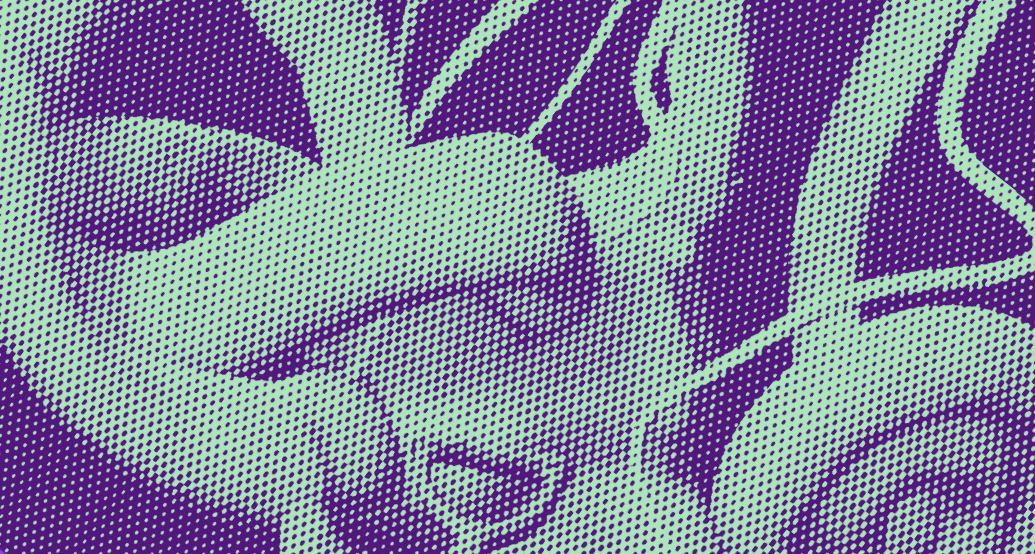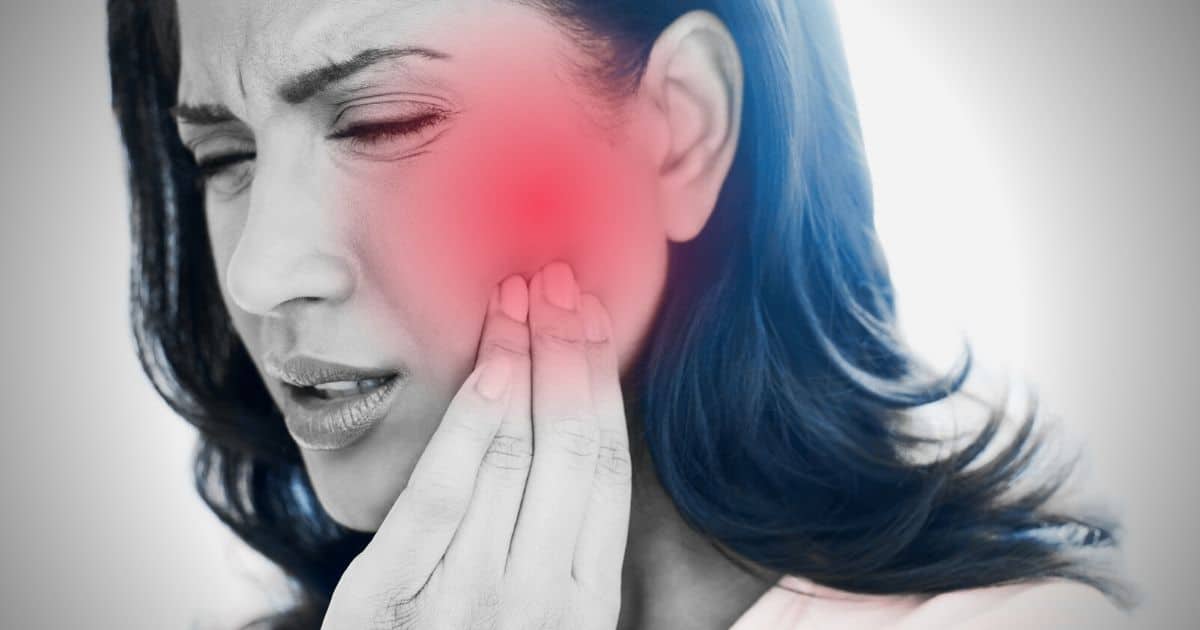May. 01, 2023
Treating Dizziness with Antivert: Research indicates that long-term use may not be the best solution By Alan L. Desmond, Au.D., CCC-A and R.Brian Collie, D.O., RPh Considering how frequently Antivert (Meclizine) is prescribed for dizziness, its effectiveness has been measured in remarkably few studies. While there is general agreement among specialists that vestibular compensation is inhibited by the use of
















